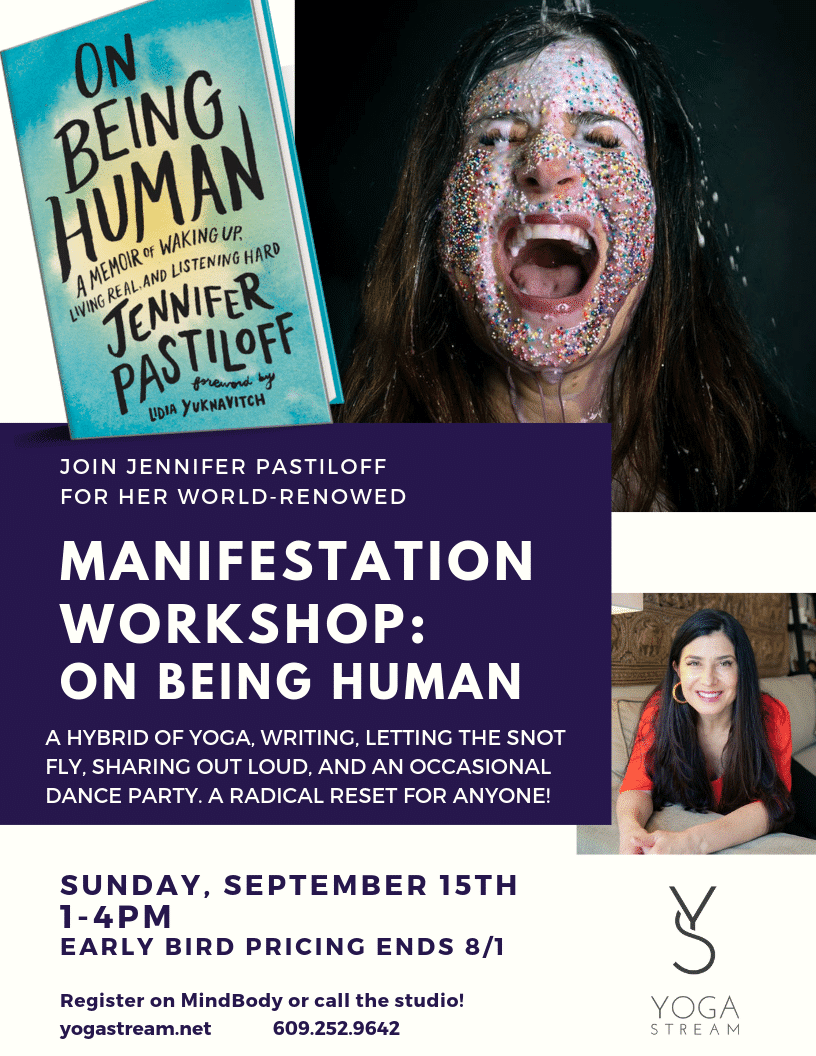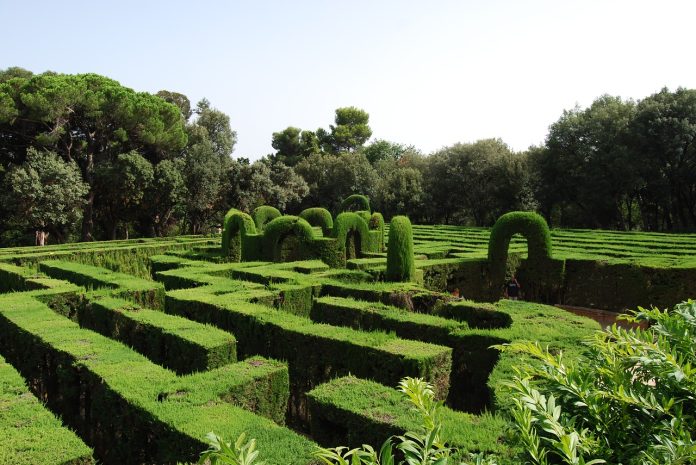By Amanda Loeffelholz
Hope. I spend a lot of time trying to understand it. On one hand, it kept me alive and still does. On the other, I’m not sure if that constitutes it as good. Hope is heroin for the masochist. It provides the justification for repeatedly putting oneself in painful situations under the guise of waiting for the probability of one percent, the one scenario that never happens. Hope never involves the expectation that something will happen. Hope is the barely hanging on, the prayer opposite the barrel of a gun.
What is the one percent anyway? What we all want so desperately that we put a piece of ourselves on the line for it, aware we may never get it back? What we close our eyes and kneel at pagan alters for against all odds? Something is behind the whisper in an otherwise empty room, the clenched fists and the held back tears. The one percent is not situational. It transcends what an individual merely hopes for. It is the thing that cannot be given up on, the thing that is shameful to need and impossible to disregard.
We see instances of it, we hear it communicated. There is hope in the smile of a stranger, in the way the flowers bloom in the springtime. She hopes he calls, he hopes the Cubs play well this week. The city dweller hopes for one night where they can see the stars. They all hope that things get better.
Every instance of hope has a desired and specified outcome, whether detailed or vague. What does change look like? It’s hard to tell, but it doesn’t look like this. What does loving someone forever look like? Well, that will be clear when forever comes. We wait. And we hope.
He says to his friends at the bar that all he hopes for is good weather for the party this weekend. Saturday arrives and it is sunny and seventy-five degrees, and he hopes for—all he hopes for, he says—is for the same tomorrow. Sunday is enveloped in rain and he forgets that this ever mattered, that this hope ever crossed his mind. He doesn’t know why his heart sinks in his chest when he turns his windshield wipers on as he drives to the grocery store where he hopes there is a good price for green grapes.
The one percent once again remains unreachable and a piece of him he didn’t know existed dies. Now that part of him exists only in that reoccurring dream where he is chasing something—what that something is he doesn’t know, it’s a dream after all—and he reaches out and he’s so close, its almost there, and then he wakes up, his hand extended on the bed. The feeling of desperation comes every so often, just like door to door bible salesmen and one-dollar drinks on Tuesdays.
But we keep hoping for good weather no matter how often it rains. There is a part of us that loves the rain, that doesn’t mind when the housekeys are at the very bottom of the bag and the roof of the porch has a hole. There is a reverence in the desolate prayer, a sincerity in the wretchedness of it all. The solace in the certainty of the ninety-nine percent is enough to keep sacrificing pieces of ourselves that betray our will to live, pieces that demonstrate the need to believe there is something better to stay alive. It is not clear to anyone if this sacrifice is one of mercy or one of detriment. Like any addict, we justify the pain that comes when we use. The barrel of the gun becomes a familiar sight. We desensitize ourselves so we can stare the gun down, trivializing our own desires.
We stare into the barrel, we walk into the labyrinth numb.

